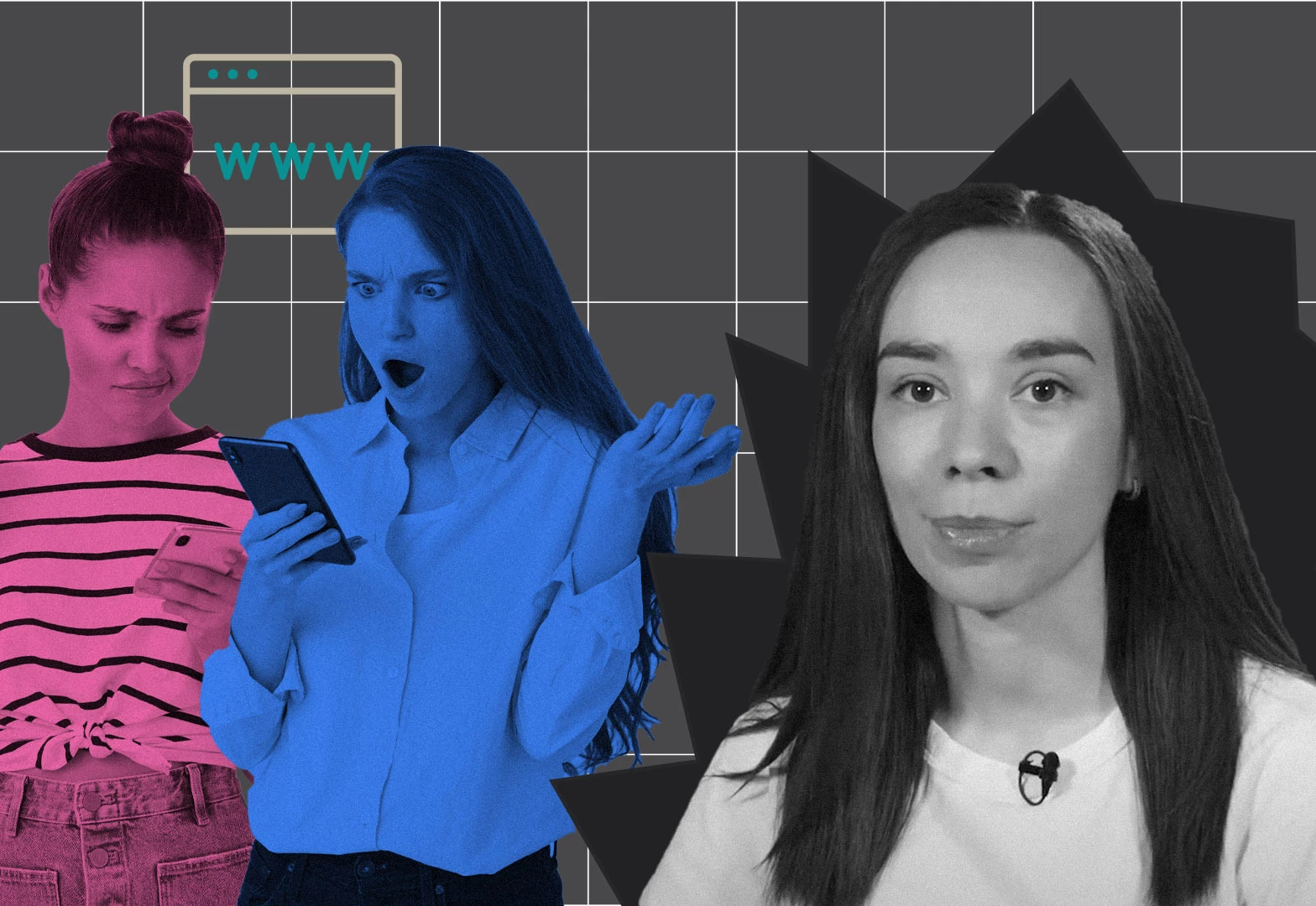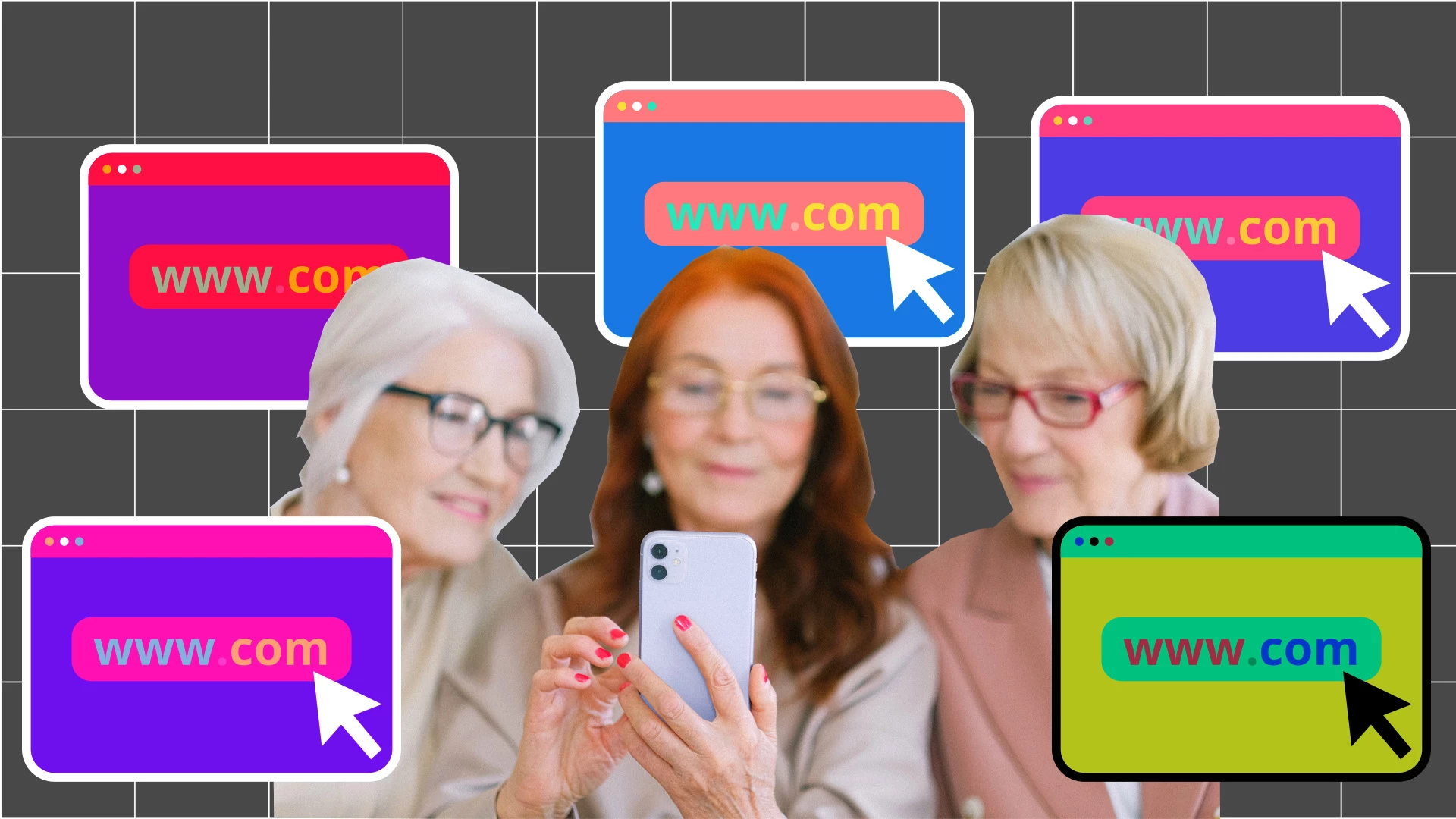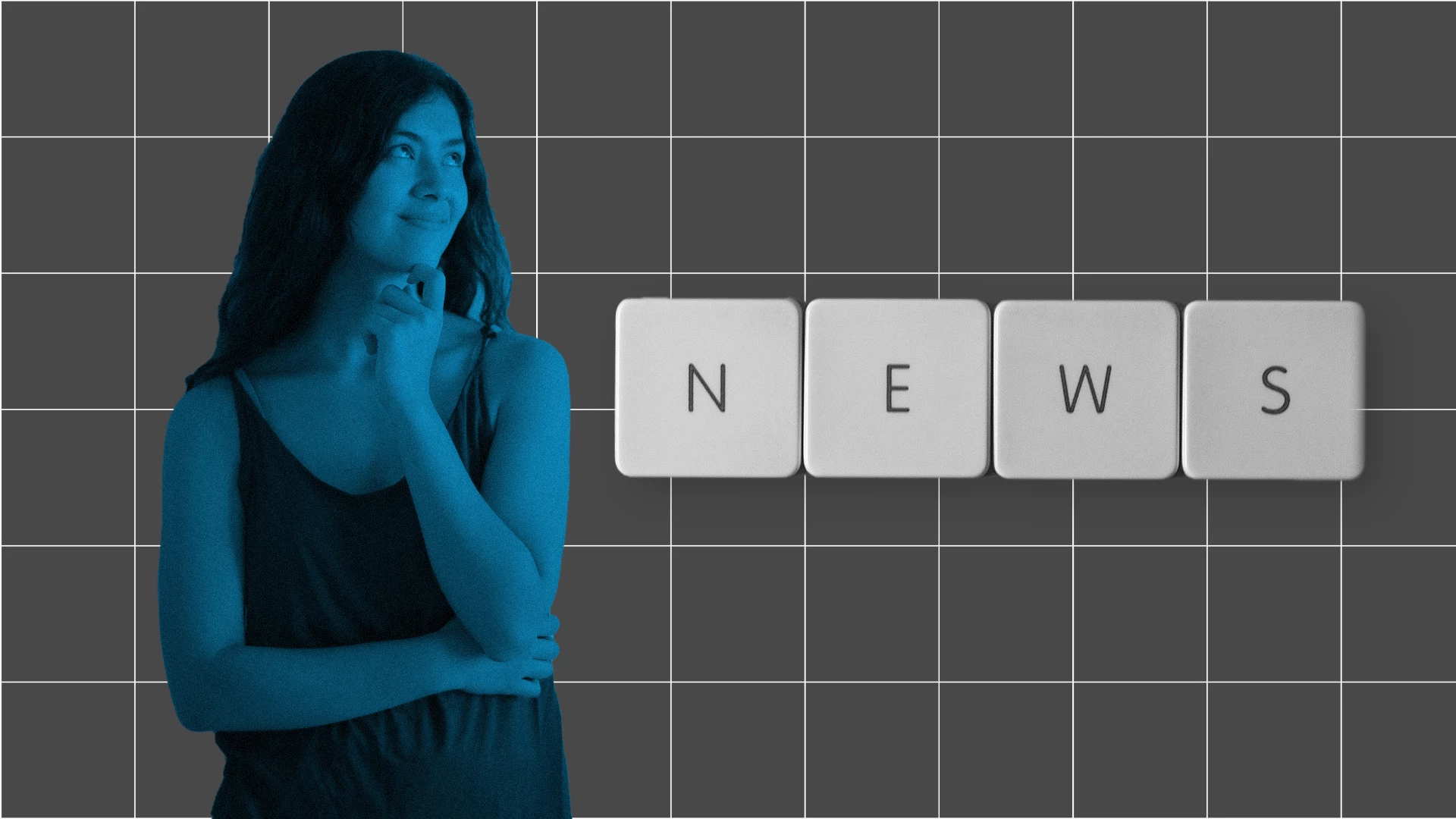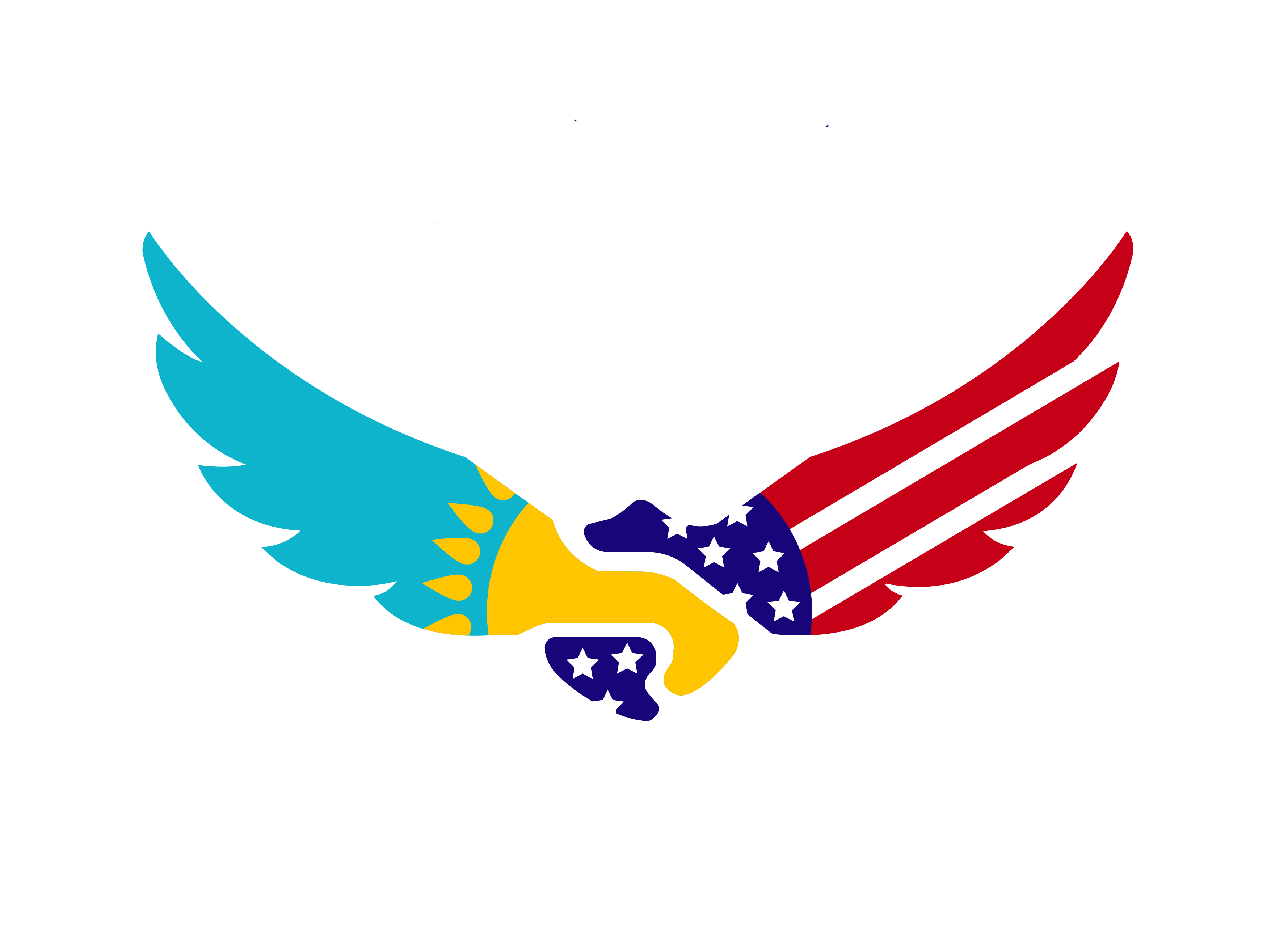
LIFE
Journalist Margarita Bocharova: “One out of every three Kazakhstanis does not verify controversial information.”
We asked Margarita Bocharova, journalist and editor of the Shishkin_like media project, about why people disseminate fake news, what role media literacy plays in Kazakhstan, and what people should do to avoid becoming victims of propaganda.
Fake news is a big problem in today’s world. Why do you think it exists in the first place?
Fake news is created for many purposes, like to boost traffic to a website or discredit a public figure, social movement, or political campaign.
The people who create fake news often do so for personal gain. The people spreading it also benefit, but in a completely different way – they are trying to improve their social status, show their control of a situation, or convince themselves of their own importance. At least, this is what contemporary anthropologists think:
How can you check the validity of an information source?
I refer here to the well-known Russian media expert Alexander Amzin – in his book, he notes that all sources of information, barring direct observation, can be biased. Journalists cannot, by definition, know the whole truth about what they are writing about.
So, the best thing a reader can do is to trust those sources that provide them with a reasonable choice
That is, the source should present at least two perspectives on an issue or situation. Another important criterion of trustworthiness for me, personally, is that the source contains references to where the data it is using to draw its conclusions comes from.
And what if the fake is passed off as a personal opinion? How can one tell the difference?
This can be quite difficult, indeed. You have to learn to ask yourself the right questions when you come across any type of information. For example, what does it say? If you realize that the author is asking you, in a way, “Are you for this or against it?”, then you are not dealing with facts (or at least not just facts). If the information not only made you think but touched you emotionally, then you’re definitely dealing with an opinion. I would also recommend you pay attention to the genre of the text you are reading or listening to: if it is in, say, an Opinion section, be prepared that the author may be manipulating facts to their own advantage.
How can people who don’t work in media develop their media literacy?
If we talk about media literacy as a set of certain techniques, then the same laws apply as to any other skill. Alas, no one can magically grow into a critical thinker who would never forward texts about the dangers of vaccines, Israeli paracetamol, or bananas. That’s why I would suggest reading more on the subject, finding like-minded people, sharing what you’ve learned within your communities, and participating in media–literacy events. It was one of those events that actually finally convinced me to set up two-factor authentication on all my devices.
In your opinion, what’s the media literacy situation like in Kazakhstan today?
Here, I would defer to sociological research rather than just give my own opinion. Last year, Internews presented the results of its survey conducted with the support of USAID in Kazakhstan and other countries. It turned out, for example, that about half of Kazakhstanis do not know about fact-checking or social media algorithms. Almost a third of respondents admitted that it was difficult for them to navigate a large flow of information (although this figure decreased a bit compared to 2019). I was also saddened by the fact that one in three people, if they come across conflicting or controversial information in the media, do not take the time to check it.
At what age should media literacy be taught, and why?
I think it could start as early as primary school. My answer is based on my own experience with my eight-year-old son – I regularly tell him the simple truth that nothing and no one can be trusted on the web, because he had started to share with us everything that he randomly came across on the internet as if everything were true. Children are taught what’s called “digital literacy” in the second grade, but so far it seems that they are only mastering the first word of the phrase in their lessons. I worry that until my son can take a media literacy elective in high school, he’ll have to learn a lot about it through his own experience.
Where should those who want to improve their media literacy start?
I think we should start by noticing how media literacy directly plays a role in our daily lives. What TV channel does your mother watch? Does she know who finances it and how this might affect what information it disseminates? What gadgets do your little brother use? Do they have parental controls installed on them? Recently, the personal data of the customers of sporting-good company Sportsmaster was leaked onto the web. If you’re one of them, have you checked the security settings of your social media accounts? When you realize there’s a pressing need to get a handle on these issues, it’ll be easier to find solutions on the internet.
A selection of courses and media literacy Telegram channels recommended by Margarita Bocharova:
It could be a good idea to subscribe to the Telegram channels Fake Detox, FactCheck.kz, StopFake.kz, and Newsroom99. I especially like Newsroom99’s YouTube videos.
The FactCheck.kz website has an online course on basic information collection and verification tools.
I would also recommend the Alliance of Russian-speaking Fact Checkers on Yandex.Q (they even have a their own video course on fact-checking).
In 2020, we recorded a series of media literacy webinars, MediaME!, with colleagues from other countries.
Those who would prefer to develop their media literacy in an interactive way (and even win prizes), can check the Qlever platform
Collages by Manshuq
This project is supported by a grant provided by the U.S. Embassy in Nur-Sultan, Kazakhstan. All opinions expressed are those of the author and do not necessarily reflect those of the U.S. Government or the U.S. Mission to Kazakhstan.
Данный проект реализуется с помощью гранта от Посольства США в Нур-Султане, Казахстан. Мнения, выраженные в материалах, принадлежат их авторам и не обязательно отражают точку зрения Правительства США или Дипломатической Миссии США в Казахстане.
M


